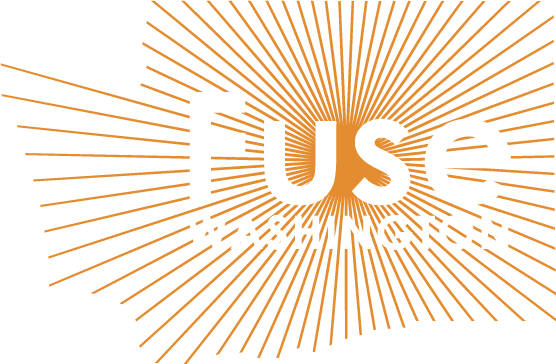We have an opportunity to create equitable accountability standards for both citizens and law enforcement officers. Our partner Washington for Good Policing is currently collecting signatures to put Initiative 873 on the November 2017 ballot in order to fix our state's regressive and dangerous use of force laws. If enacted, I-873 will prompt legislators to replace the current "without malice and with a good faith belief" clause in Washington state law with a rational and common-sense amendment that will make it possible to hold officers responsible for their actions.
The Seattle Times describes Washington's police accountability policy as "the nation's most restrictive law on holding officers accountable for the unjustified use of deadly force." The law mandates that in order to convict an officer who uses deadly force, the burden of proof lies in determining the officer's state of mind at the time of the act.
We may be one of the country's most progressive states in some respects--passing marriage equality and abortion rights before almost every other state--but we are one of the worst in holding police accountable. Sadly, it has become commonplace for residents of our state to read about one after another death at the hands of a police officer. Enough is enough. We need to hold both police officers and private citizens equal in the eyes of the law.
In a showing of solidarity -- and a desire to change the course of history -- I-873 has received the public support of everyone from the Seattle Police Department and Mayor Ed Murray to the families of those who have been gunned down by police.
"This initiative is not anti-police. It's pro-community," says Andre Taylor of Not This Time, a non-profit founded in the memory of Andre's 46-year-old brother Che Taylor. Che, an African-American man, was shot and killed by two white Seattle Police officers earlier this year after he exited a parked car.  History
History
According to a June 2015 Report by Amnesty International, Washington state's police accountability law not only fails to meet international human rights standards, but it also makes it fundamentally impossible to charge officers guilty of police homicide.
When did the state legislature decide that it was best to place the interests of police officers above the interests of the community?
In a Seattle Times investigative project looking into police brutality and its lack of consequences, titled Shielded by the law, the creators of Washington's loose police laws chose an ambiguous linguistic style designed to circumvent a 1985 Supreme Court ruling. That court ruling determined that the use of deadly force to apprehend a fleeing suspect violates the person's constitutional rights. This contradicted the traditional training methods of the Washington state police force, which, like many states, still prioritizes a militaristic-style policing.
In order to avoid the possibility of paying millions to victim's families as a result of wrongful death lawsuits, lawmakers adopted the current law. Police were given a legal "benefit of doubt" - virtually awarding them a license to kill.
Over the past three decades, hundreds of people in our state have been victimized by police brutality. From 2006 to 2014 alone, 213 people were killed by police. Yet, in all this time, only one officer was charged with a crime and brought before a judge. Even he was subsequently acquitted, meaning no police officer in our state has ever been convicted of a wrongful death.  The current dilemma
The current dilemma
On-duty officers have a higher level of responsibility to the communities they protect. From the day an officer swears an oath "to protect and serve," we as a community believe that they will honor their commitment and practice good judgement in all matters concerning public safety.
Yet, this lack of accountability permits the police homicide death toll to climb. We cannot allow this to continue. Washington's communities of color are disproportionately hit harder by our leaders' reluctance to adequately address these concerns.
The #BlackLivesMatter movement has highlighted many of the outrageous deaths Black and African Americans have suffered at the hands of police. Here in Washington, about 10 percent of those killed in the last decade were black--though Black people make up only 3.6 percent of the state's population. Latino and First Nations people are also disproportionately killed at the hands of police. In fact, across the country, police are killing Native Americans at a higher rate than any race. I-873 is being called the "John T. Williams Bill" to highlight the unjustified death of the First Nations woodcarver who was shot four times in 2010 while crossing a Seattle crosswalk with a piece of wood and a closed knife in his hand.
Because the law only evaluates an officer on their perceptions rather than their actions at the time of an accidental shooting, Washington policy legalizes the application of personal biases and racial prejudices in the evaluation of a threat. The racial identity of a suspect should never impact an officer's ability to judge a situation and act in the vested interest of public safety.
A proactive measure
Time is not on our side. There are less than 90 days for voters to ensure Initiative 873 makes it on the ballot in November of 2017. Due to our state's history over the past 30 years and the devastating loss of hundreds of lives, we cannot wait for our legislators to take action.
This is our time to demand progress on equity and social justice for Washington state. Help us bring aboccountability on all levels of government, including our police department.
Please vocalize your support for Initiative 873 by signing up to collect signatures!
-Ashley Myrriah is the Online Communications Fellow at Fuse
Why We're Supporting I-873 to Increase Police Accountability
Thursday, August 4, 2016
